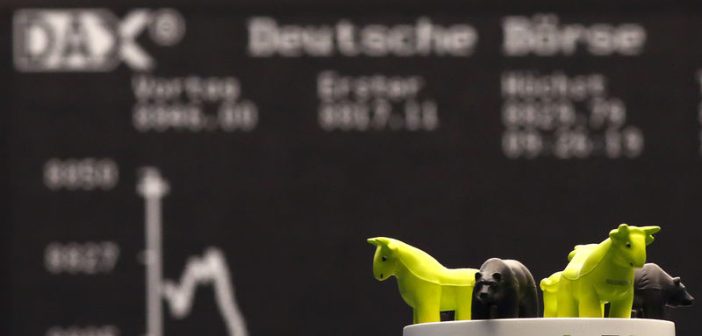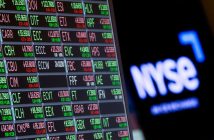The Eurozone appears to be in a relatively strong position among global markets as a key financial relationship — the correlation between interest rates and equities — flips into negative territory. This shift suggests that European stocks may be decoupling from traditional monetary tightening pressures, and that investors are responding more positively to underlying fundamentals.
Rates and Stocks Decouple
Historically, rising interest rates have suppressed stock valuations, as higher borrowing costs tend to slow corporate investment and consumer demand. However, current market behavior indicates a break in this pattern within the Eurozone.
Recent movements show equities gaining despite rate cuts by the European Central Bank (ECB), a sign that monetary easing is being interpreted not as a response to crisis, but as a supportive measure in a steadily recovering environment.
ECB’s Strategy Supports Growth
The ECB has continued on a moderate easing path, reducing benchmark rates to stimulate lending and economic momentum. This proactive stance contrasts with the more data-dependent and inflation-sensitive approaches seen in the U.S. and U.K.
As inflation in the Eurozone gradually retreats and GDP data outperforms expectations in key economies like Germany and Spain, the ECB’s approach appears to be stabilizing markets without stoking inflation fears.
Investors Eye Sectoral Opportunities
This divergence in policy and market response creates potential advantages for investors. Sectors like industrials, financials, and consumer discretionary — typically sensitive to borrowing costs — are showing resilience.
Moreover, the weakening correlation between rates and equities could indicate a shift in investor mindset: from reacting to central banks, to focusing on company-level growth and European macro resilience.




